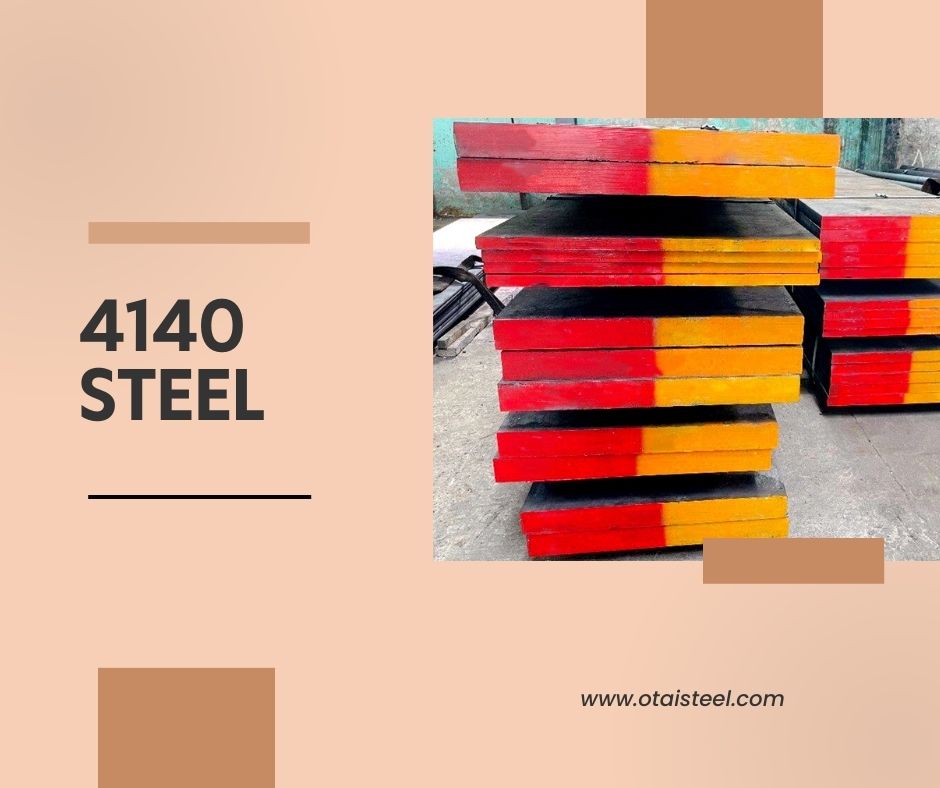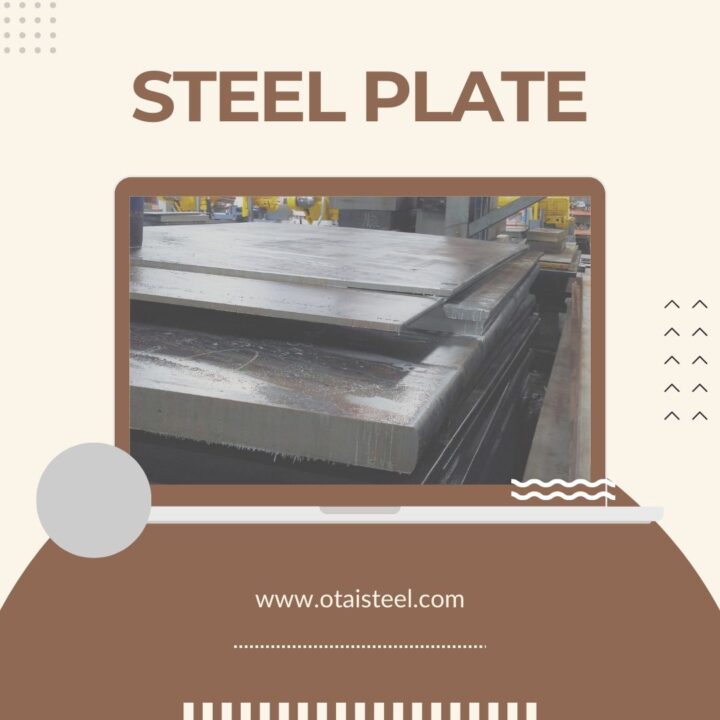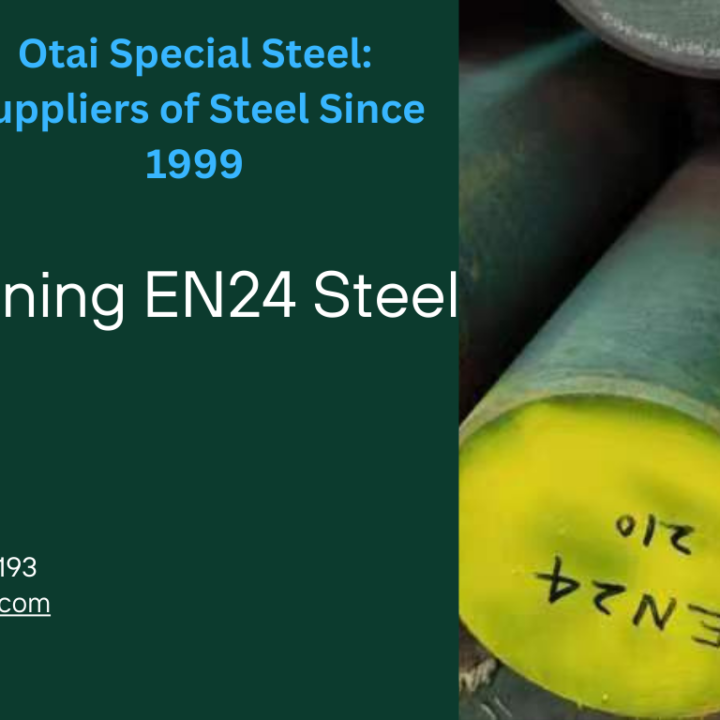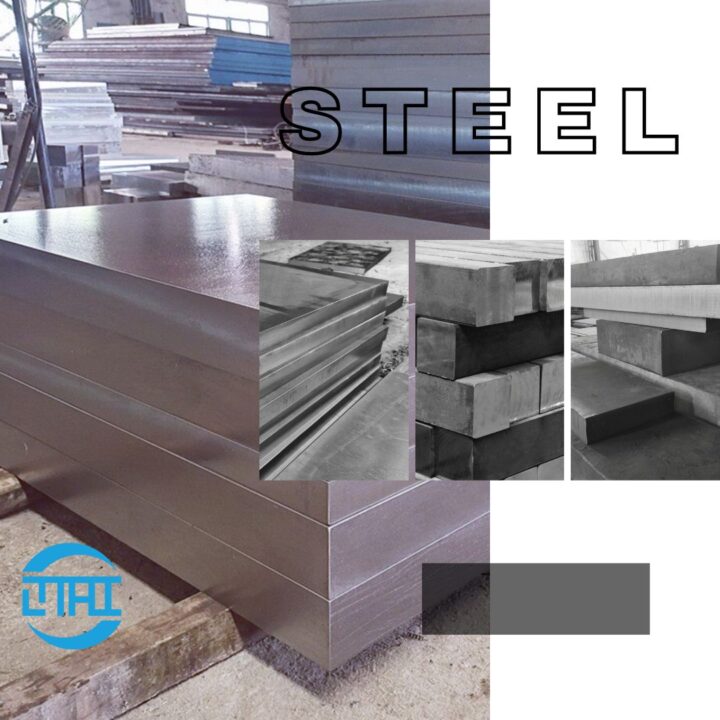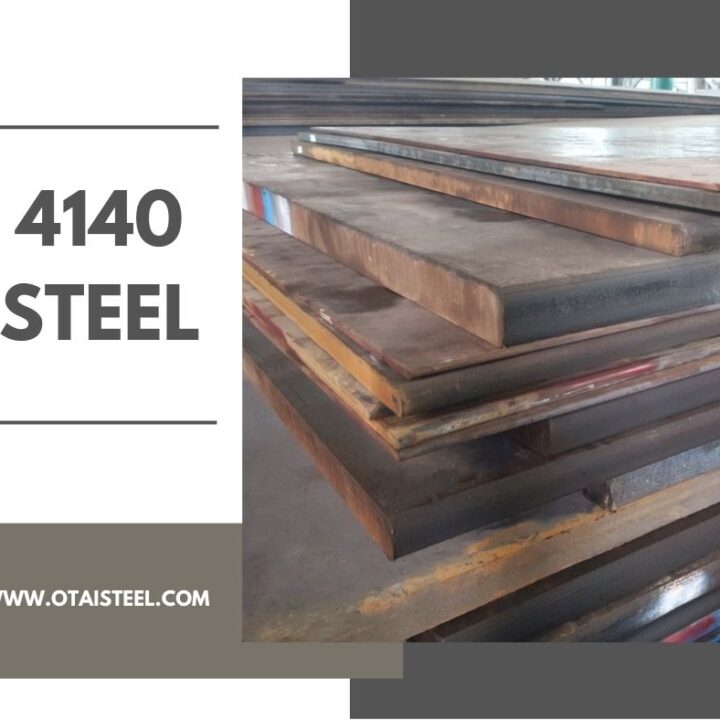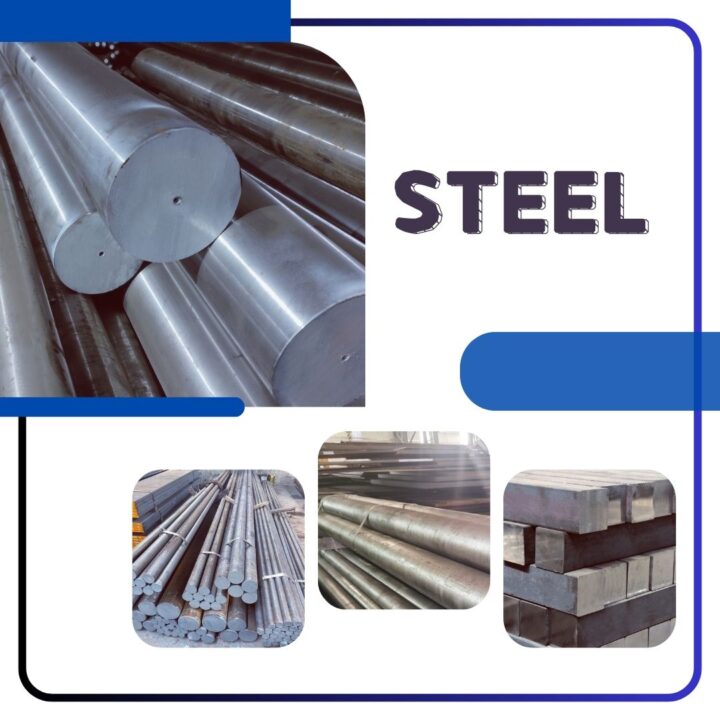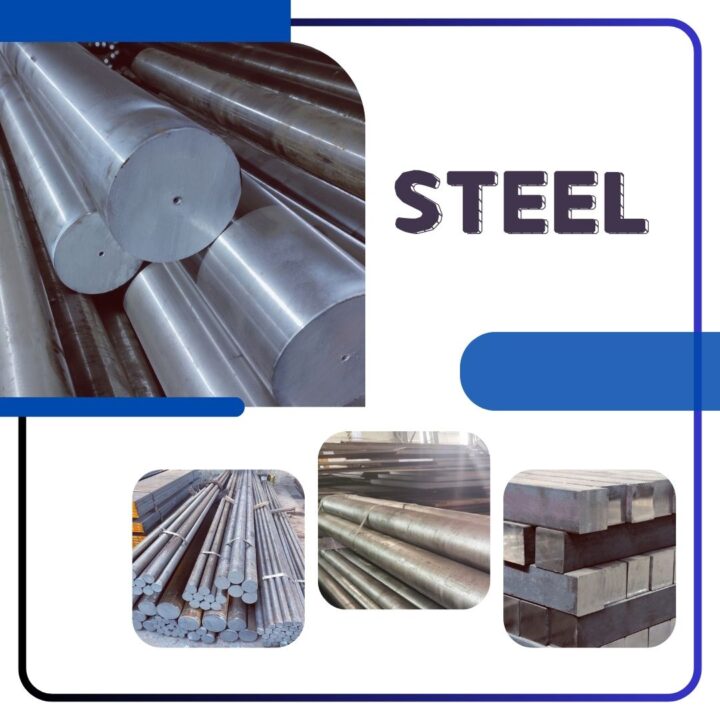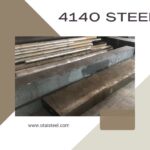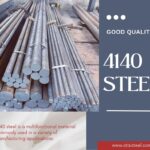Alloying elements play a significant role in enhancing the mechanical properties of 4140 steel and its machinability. In 4140 steel, additions of chromium, molybdenum, and manganese are used to increase the strength and hardenability of the steel. The additions of chromium and molybdenum are why 4140 is considered a “chromoly” steel.
The machinability of 4140 alloy can be attributed to the presence of alloy elements, which makes it extremely susceptible to cracks. The addition of sulfur can improve machinability but reduces toughness. The addition of selenium can improve machinability in some cases.
Machinability is defined as the ease with which a material can be machined to produce a finished part.
Machinability is an important factor in determining the cost-effectiveness of manufacturing processes. The machinability of 4140 steel is influenced by several factors including alloying elements, cutting speed, feed rate, and depth of cut.
The addition of sulfur can improve machinability but reduces toughness while the addition of selenium can improve machinability in some cases. The sulfur acts as a lubricant during machining and helps reduce tool wear. However, the addition of sulfur also reduces toughness and ductility. Selenium acts as a deoxidizer and helps reduce tool wear.
Alloying elements play a significant role in enhancing the mechanical properties of 4140 steel and its machinability. The addition of sulfur can improve machinability but reduces toughness while the addition of selenium can improve machinability in some cases. Machinability is an important factor in determining the cost-effectiveness of manufacturing processes.
